Oh boy, the year has all but gone.
One minute it was January and now we are facing Christmas.
Gone is the brief rains of last week, we are back to hot. The plants in the praça had a brief respite, but are already wilting sadly. I am still watering Clorinha’s guava tree daily; it is the only perky plant there.
São Paulo had enough rain last week to maintain the low reservoir levels, but not to raise them
I haven’t been posting here as regularly in the past, I have had a heap of things to keep my mind occupied.
But last Friday, I moved some of my plants from the backyard to the front of the botequim beside my place. I felt that while the bar sold beer which is in itself inviting, it needed to be more inviting.

The new face of the bar
I always thought it looked a bit bare, now it has a new face, and one that has been welcomed by the locals. The tins are a bit grotty, but they will be painted.
On with this week’s CTWW.
Unhealthy Things
Are you already avoiding ALL unhealthy, unsafe ingredients and products? If so, let’s kick this challenge up a bit. As companies sell out and/or change their products, things which we once considered Eco-friendly are no longer safe and healthy. For example, a popular lip balm company (I won’t mention the name here) sold out to a big conglomerate. Their lip balm, which had been natural and safe, was modified to include unhealthy ingredients. Unless consumers continued to read the label, they wouldn’t know about the change. So this week, re-evaluate everything you believe to be safe and Eco-friendly to determine if it remains so. This part of the challenge is all about diligence and ensuring that our favorite products remain worthy of our shopping baskets.
I very rarely buy products that have special offers or novelties attached. In recent times I can remember two. One was a bottle of Cointreau with a piddly little totally useless shocking pink cocktail shaker; it was the only one there and the price was a genuine special. The cocktail shaker never got used, it went out for recycling. Similarly, Ovalmatine came with a plastic milkshaker, once again I got it because the price was much cheaper than the original product, and the shaker also went out for recycling unused. I mean, what’s wrong with a spoon? Or, if you want a fluffy milkshake, what’s wrong with the blender?
Freebies and knick-knacks to not interest me, nor influence me to buy a product. And I can’t understand why people are so weak that they buy them. It is really another sad indictment on the consumer society that we have become.
I don’t buy canned products, not even soft drinks (sodas).
Lunch for example today. I could buy a ready packaged frozen paella. Instead I bought the frozen seafood, mussels, squid and shrimps and have just made a white sauce, added black sesame seeds, chopped parsley (from the garden) and tumeric, pepper and salt to taste. The whole process took 15 minutes and it’s getting cold while I am writing here. What I can’t understand is that people buy the frozen option to reheat in the oven or a food destroying microwave and that actually takes longer.
People need to get real. They need to understand that preprepared products are not time-savers. And, they certainly aren’t as healthy as a good home cooked meal.
That’s my offering, I’m off to enjoy lunch.
Next week folks.



 We have become too bloody lazy!
We have become too bloody lazy!




 Are we on the wrong track?
Are we on the wrong track?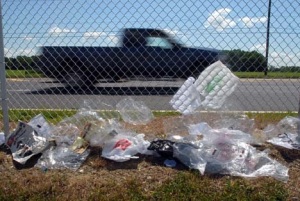










 We have a large percentage of the world crying out for food, and we just throw it away.
We have a large percentage of the world crying out for food, and we just throw it away.






 Most of us have seen films, Good Morning Vietnam (yes, war does have humour) and Full Metal Jacket (yes, war has pathos). We see these spectacles and laugh or cry along with the clowns and the heroes, but we do not see the cost of war.
Most of us have seen films, Good Morning Vietnam (yes, war does have humour) and Full Metal Jacket (yes, war has pathos). We see these spectacles and laugh or cry along with the clowns and the heroes, but we do not see the cost of war.
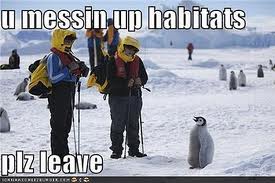








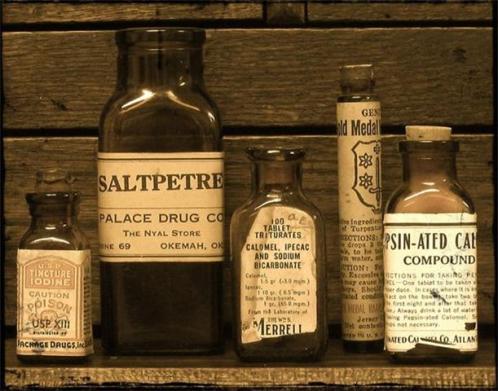

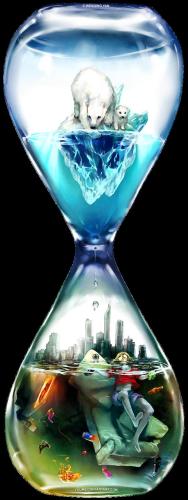
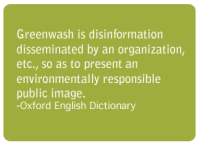
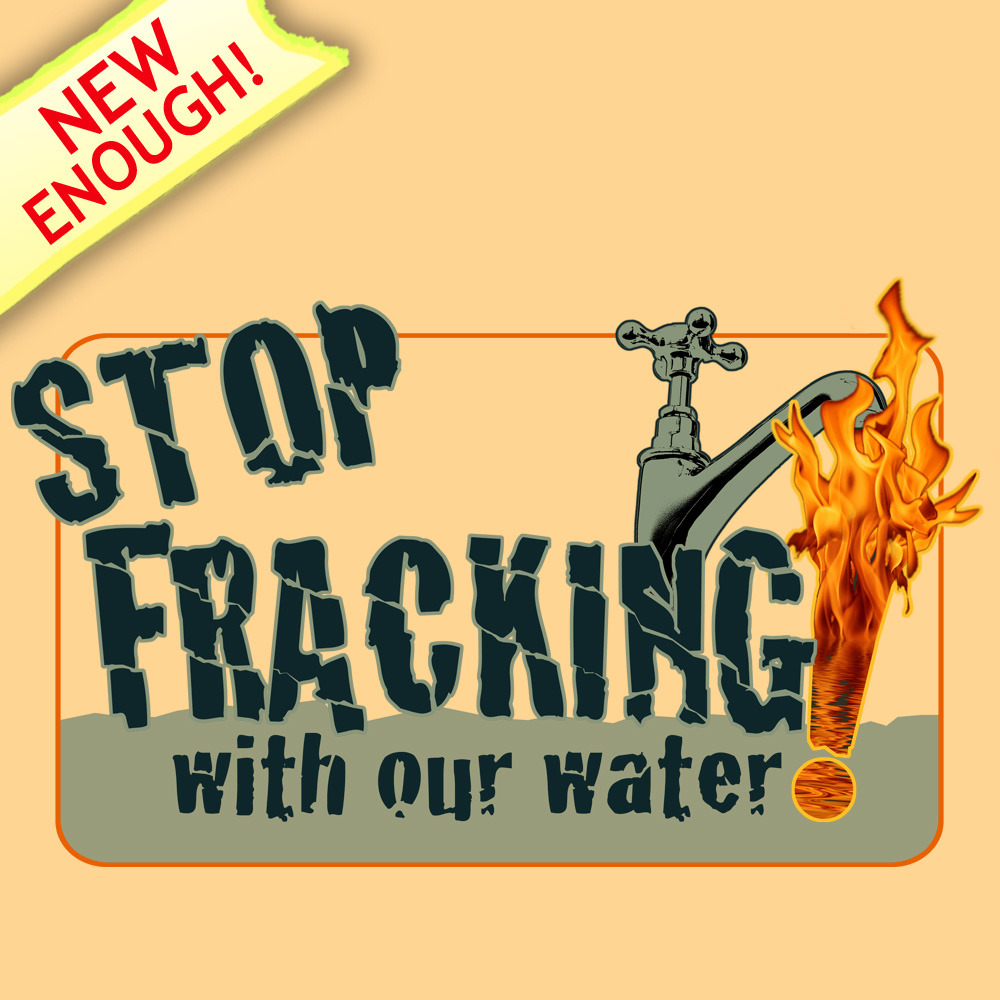

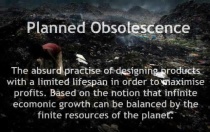


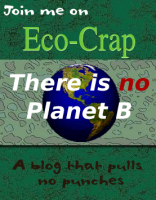


Recent Comments